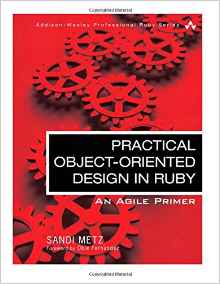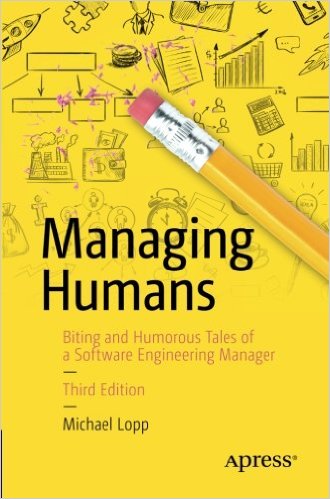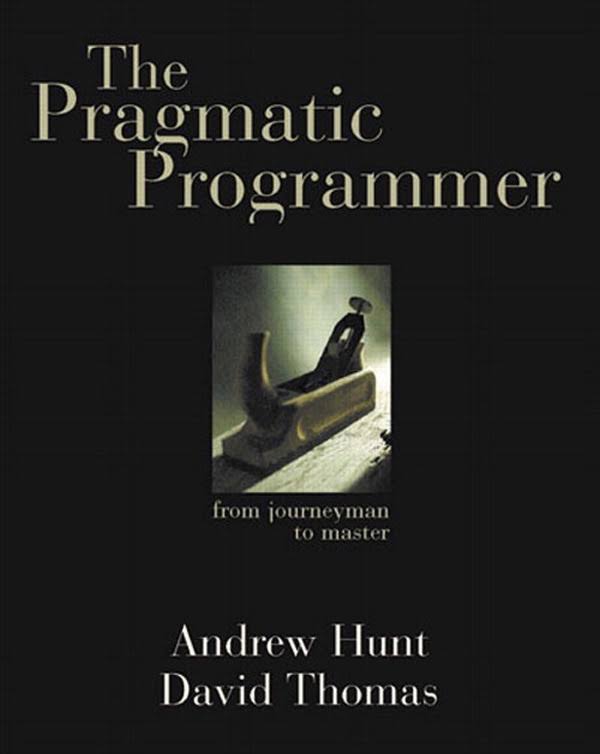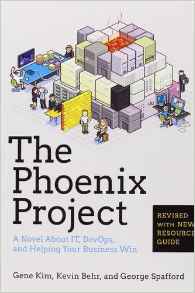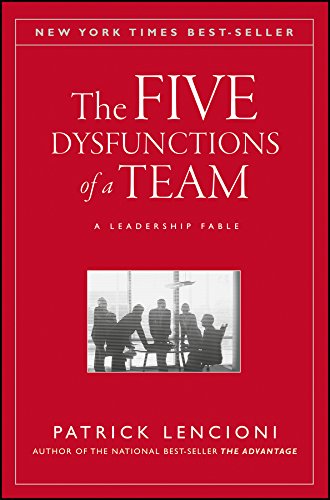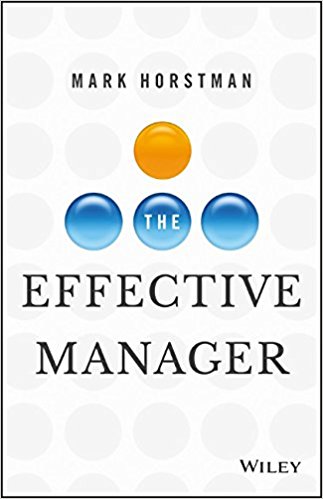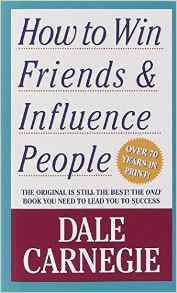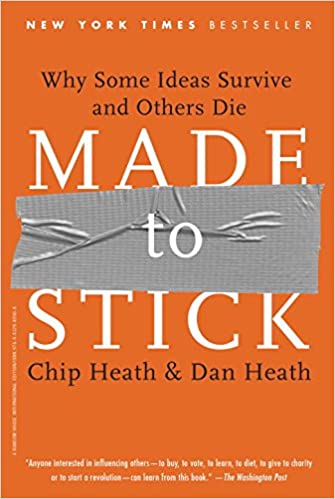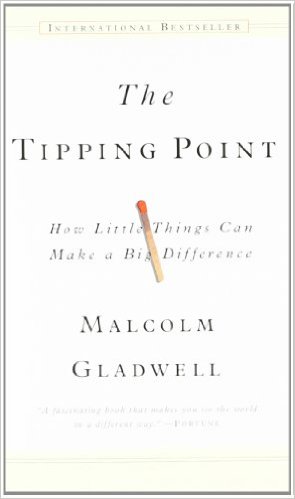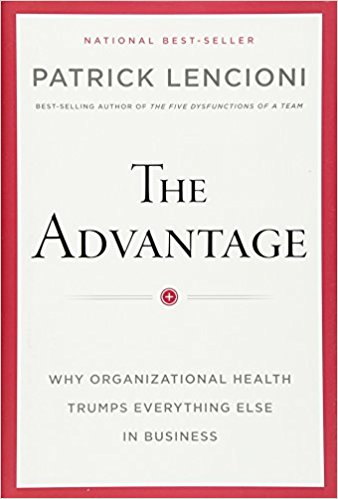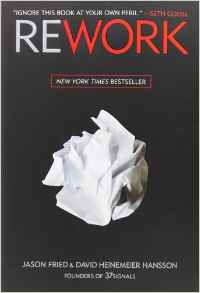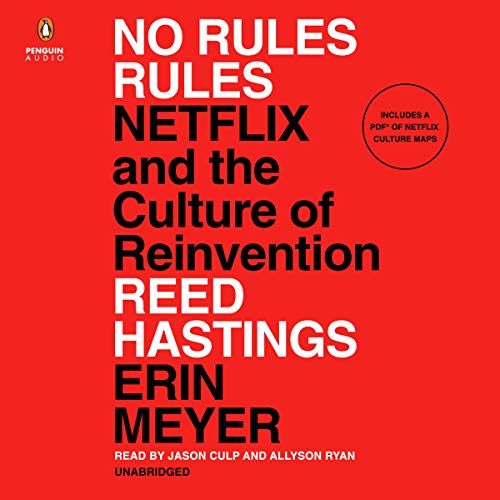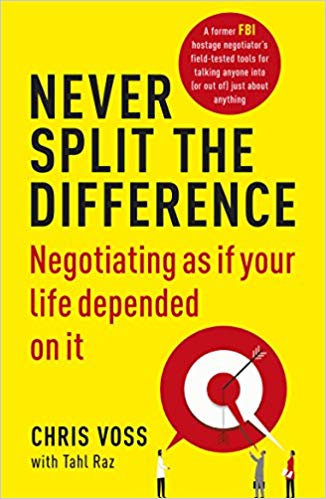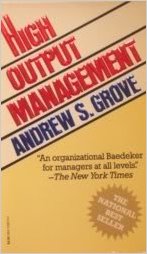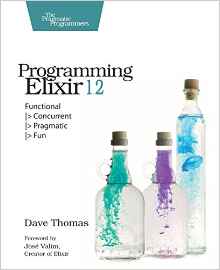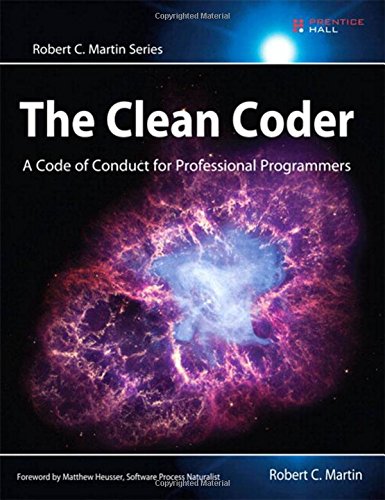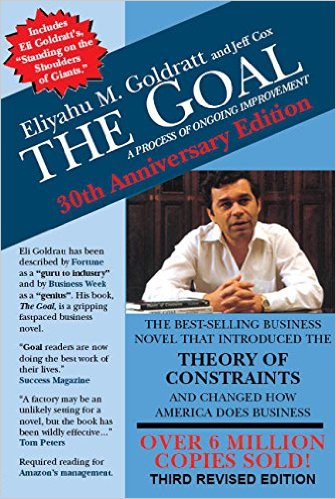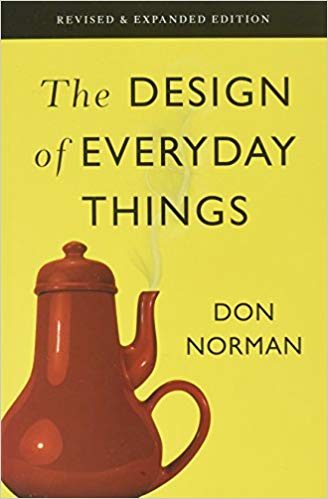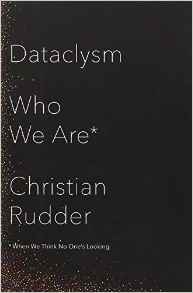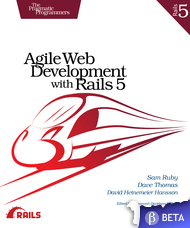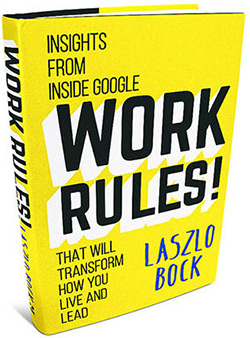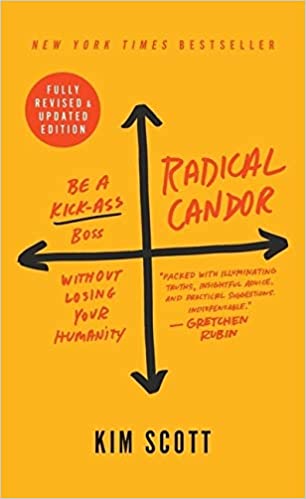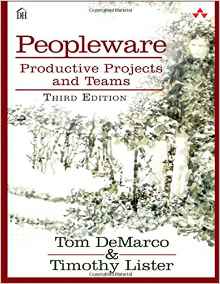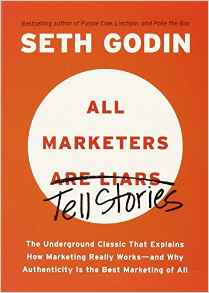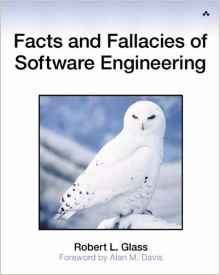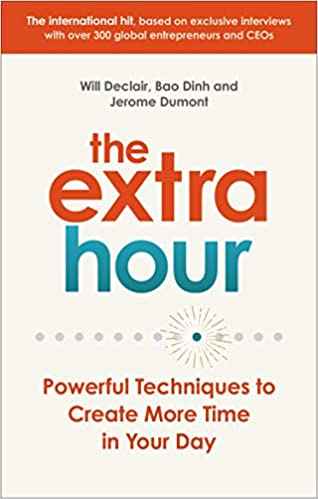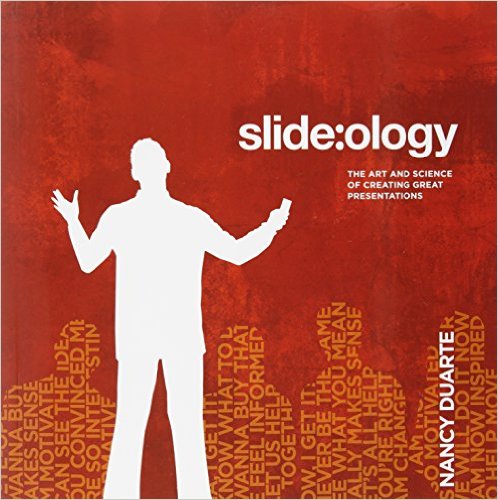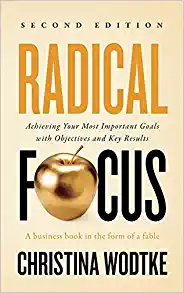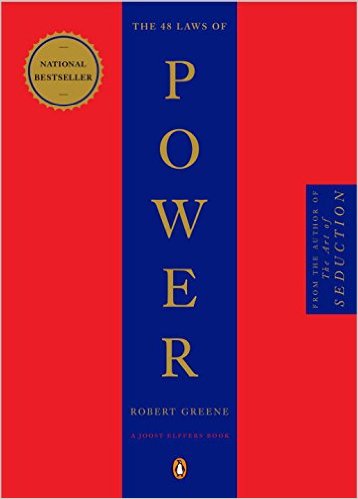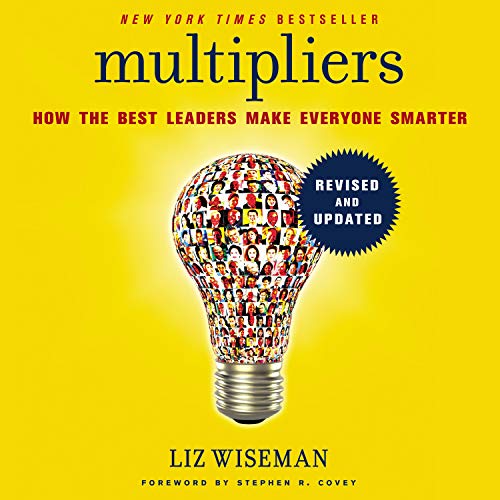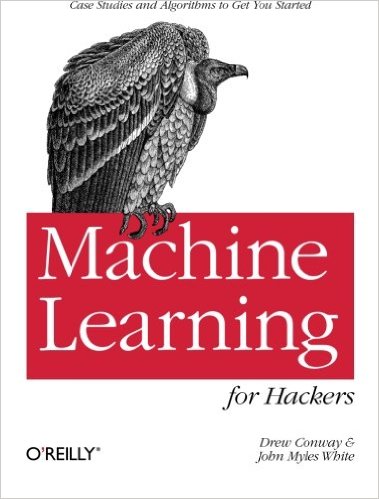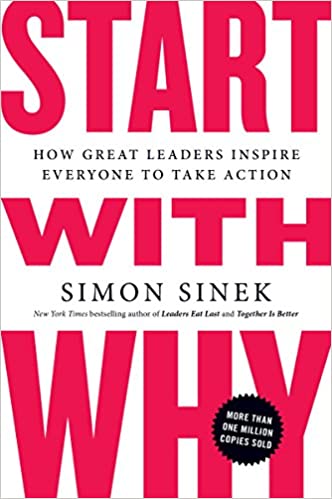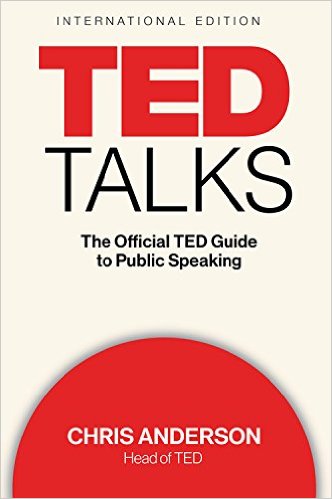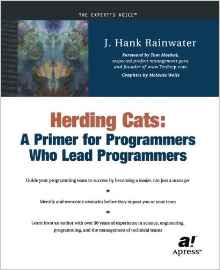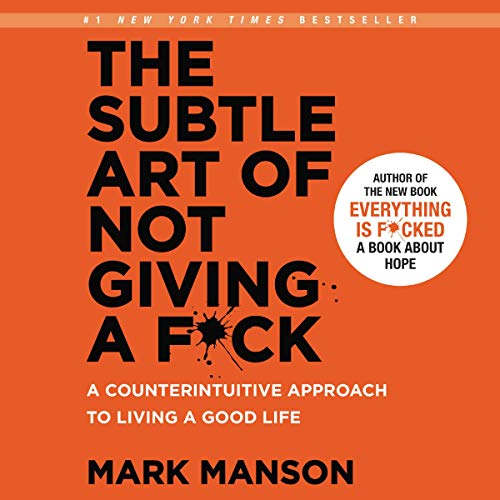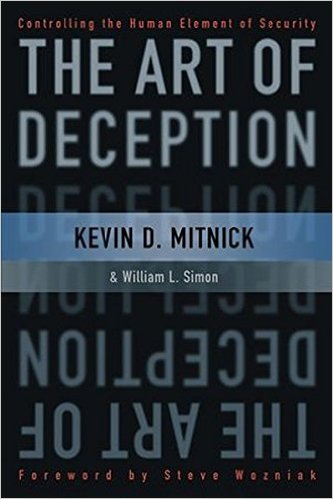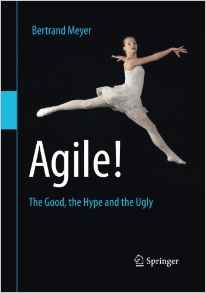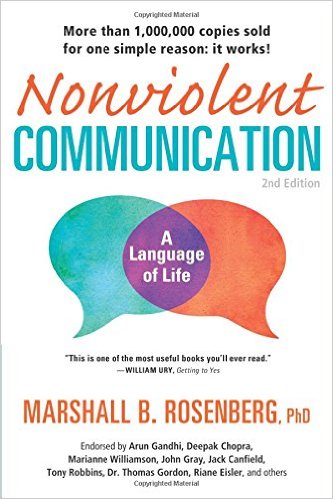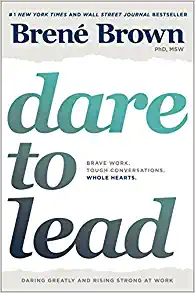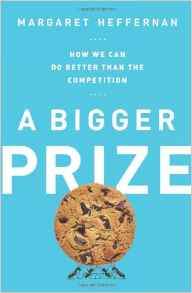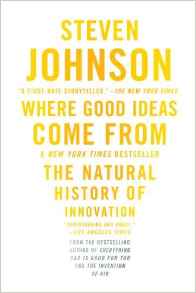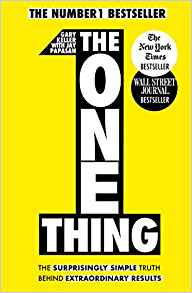Book Reviews ( Leadership, Technology, Startups...)
Book Reviews (Leadership, Technology, Startups…) #
Excerpt #
Short and to the point book reviews on the topics of leadership, technology, startups, management or self improvement.
Here is my opinion on what I’ve been reading. If you enjoy my blog posts you might be interested!
Most of these books are also available as audiobook, which I really enjoy. If this interests you, most of them are available on
Audible FR or
Audible US.
An in depth look at how to be more efficient and future proof when writting object oriented code. Reading concrete examples that you can actually apply at your day job is refreshing compared to the countless impractical books out there. Here Sandi Metz explains how to write good and maintainable code if you don’t have time, if the system is evolving and so on. Note that this book is focused on Ruby, but I think that it can interest every developer.
✓✓✓Amazing book, everybody should read it
The back cover of this books features an absolutely dithyrambic review from Joel Spolsky, so I knew it would be worth a read… and it didn’t disapoint! It’s really a must read for anyone working in software development. From the title, it seems aimed at managers, but really everybody would benefit from it as it’s more about interactions between people inside a company. Of course, like any books about humans, nothing is to be taken at face value and there are some generalizations I didn’t agree with, but overall the content is well written and insightful.
✓✓✓Amazing book, everybody should read it
I loved learning this book about how Patagonia was built, starting from a small company selling climbing equipment to the widely known brand of today. Yvon Chouinard’s philosophy can be quite inspiring and I liked getting insights on the tradeoffs and choices he had to make along the way - balancing ecological impact with building great products. I’m guessing some part of the story has been altered a bit, but I’m ok with it and I enjoyed this book a lot.
✓✓✓Amazing book, everybody should read it
This is one of the books I’ve heard referenced countless times by very smart people before I actually got to read it. Expectations were high, but Andrew Hunt and David Thomas delivered. This book dives into everything that a modern developer needs to aprehend in order to create good software and stay up to date. From ‘crash early’ to its general pragmatic approach, I find myself quoting from this book all the time. It really is a reference for any modern programmers and a must read.
✓✓✓Amazing book, everybody should read it
This book, vastly inspired by The Goal, is a novel describing a group of characters discovering the DevOps ideas on theirselves. The first chapters are all about discovering all the horrifying ways in which IT operations can fail. It’s a lot of fun. The rest of the book is spent in interesting explainations on how to fix and improve the situation. Being used to work in somewhat small companies, it made me rethink how I saw the DevOps movement as I never really really understood before how distant development & operations can be in larger groups.
✓✓✓Amazing book, everybody should read it
This book is about running and being part of an effective executive team and reads like a novel. You follow an organisation with problems and how its members are going to fix it. I personally loved it and would recommend to anyone part of a leadership team. Reading about concepts such as absence of trust or fear of conflict is made way more engaging by taking this approach focused on a group of characters, and on top of that the situations showcased are realistic and there are a lot of actionnable points.
✓✓✓Amazing book, everybody should read it
Every since I’ve moved to management I’ve been listening to the Manager Tools Podcast which is full of great discussions and insights. When I discovered that there were a book compiling a lot of these insights, I was more than happy to buy it. As expected, it is filled with great ideas focused around 4 themes: one on ones, giving feedbacks, coaching and delegating. Of course it’s not just ideas, but also clear advices on how to implement them.
✓✓✓Amazing book, everybody should read it
This must be one of the worse title for a book I’ve ever seen. Actually, only based on this title, I avoided this book and considered it to be a cheesy self-help book at best, a pile of ideas to manipulate people at worse. However, after so many people recommended it to me I ended reading it… and I have to say that it was enlightening. It’s true that a lot of the ideas presented are mostly comon sense focused on a strong sense of empathy, but they are presented so clearly that the author makes you really think about the different interactions you can have during a day.
✓✓A must read
This is a great followup book for anyone who read the Tipping Point by Malcolm Gladwell. In this book, the author elaborates on the idea of “stickiness” and gives concrete examples of what can make an idea stay in the mind of people. There are a lot of case studies, and while most of it feels like common sense it’s very well articulated and explained.
✓✓A must read
This is one of those books I heard being referenced countless time before I actually got the chance to pick it up. In it Malcolm Gladwell explains what leads to major changes and how they spread. The main point of this book can be summed up by a quote from the author: “Ideas and products and messages and behaviors spread like viruses do”. Overall the book was very well written and based on a lot of great examples.
✓✓A must read
This books, subtitled “Why Organizational Health Trumps Everything Else In Business”, makes a really good case for building healthy companies. The author explains that a lot of organisations are quite effective at being smart, but often disregard topics like building trust, effective internal communication and other points that would act as a multiplier of intelligence. While some parts of the book might sound obvious, it is still filled with examples taken from the years of experience of the author and is generally a pleasure to read.
✓✓A must read
by J. Fried & D. Heinemeier Hansson
This is one of the books I read when I was still somewhat early in my career, and that had a large influence on how I see work and the importance of work / life balance. This book goes hand in hand with the blog Signal vs Noise and is full of insightful ideas about how people should create products and companies, such as “meetings are toxic”, “pick a fight”, “planning is guessing”, “ fire the workaholics” and so on. Nothing is new, but the book itself takes every idea and push them further. The result is not perfect, but I really enjoyed it. Good points are made and I often find myself quoting it.
✓✓A must read
This book presents the very specific culture of Netflix. You will either love it or hate it, but it’s hard to deny that this insights look isn’t interesting and full of ideas that are worth trying. Their main point is that they will hire the best people, pay them high salaries, but also set high expectations and don’t hesitate to let them go if needed. Thanks to this they get a team of highly performant individual, which allows them to try out a lot of experiments to drive efficiency. Most people will remember the “unlimited holidays” policy, but personnally my takeaway is that with a team of very qualified, motivated and aligned people you can pretty much do anything and you will be successful. The hard part is to get these people in the same team and have a clear goal for them to follow.
✓✓A must read
Learn about negotiating techniques from an old FBI kidnapping negotiator with years of experience. The book is filled with entertaining anecdotes from the field, concrete solutions to real life problems and theoretical concepts to go even further. For someone like me who didn’t have any background in this topic, it was both pleasant to read and full of learnings.
✓✓A must read
I picked this book because it was referenced a lot in anything related to the OKR system, widely used by Google for instance. It’s a great ressource for managers, sometimes stating the obvious, but often giving more insights. It helped me to step back and better understand the bigger picture of what it means to manage a team. Some quotes are very memorable, such as “Because it is easier to monitor something with which you are familiar, if you have a choice you should delegate those activities you know best” or “Values and behavioral norms are simply not transmitted easily by talk or memo, but are conveyed very effective by doing and doing visibly”.
✓✓A must read
This book is about how to implement strategy in a reliable and effective way, and I really enjoyed it. At some points it felt a bit too theoritical or “zoomed out”, some examples felt a bit dated (Xeros, IBM etc)… but I still loved the approach taken where leadership or strategy take a backseat to actually building the thing. Overall I think this a good read for anyone starting with a leadership position or for people curious to understand better the mindset of executives. I don’t think veteran C levels will learn a lot though.
✓✓A must read
Elixir is a very interesting and inovative new language, and this books is the perfect way to learn it. Dave Thomas does a fantastic job getting you to write code quickly and understand concepts that can be hard to grasp coming from an object oriented background. Overall, even if you don’t want to be writting Elixir most of your time, this book is a great way to understand functionnal programming concepts as well as distributed systems.
✓✓A must read
This book gets into what it means to be a professionnal programmer. It dives into everything ranging from ethics, to commitment to craftsmanship. It contains a lot of real and fictionnal examples and is a great read for any experienced developer. However I have the feeling that junior developers would not gain as much from reading it since it goes pretty deep situations you might not encounter in your few first years writing software.
✓✓A must read
This one is actually a novel about management, focused on a manufacturing plant in the 1980s. The style is not great, the hero is a bit antipatic to me, but the lessons learned through the book are very interesting. The story format works very well to explain the complex ideas behind the author’s Theory Of Constraints. It’s also surprising to see how some concepts can very much apply to software engineering and operations.
✓Good read if you enjoy the subject
A great dive into how important design is to our everyday lives, and what designer need to do to make sure they provide the best experience to end users. Some parts are a bit drawn out, repeating the same basic ideas, but overall the book remains pleasant to read and has some learnings - even not always directly applicable. One thing that I wasn’t a big fan of, was the fact that the author always building the engineers and designers against each others, with the engineers never really understanding the need for design - which is not the best basis for constructive discussion.
✓Good read if you enjoy the subject
I was a big fan of the OkCupid data blog so I was happy to get a hold of this book, which is basically a longer and printed version of the blog. In it, the author analyses huge datasets about online dating in a funny yet interesting way. The writting is surprisingly good, and the information is neatly presented.
✓Good read if you enjoy the subject
While I learned Ruby with _why’s book, I’ve actually learned Rails reading the first edition of this book back in 2005. Since then I’ve read some of the following editions, and they’ve always been a great way to get a good idea of how to build a web application. I’d say that it’s a great option for any newcomer to Rails that enjoy books rather than online tutorials.
✓Good read if you enjoy the subject
Google’s approach to human ressources, which I’d recommend reading to anyone interested in the recruitment process and willing to scan through a significant number of pages glorifying Google. While far from perfect, I consider it to be the best ressource I’ve read on recruitment since Joel Spolsky’s Guerilla Guide To Interviewing from 2006.
✓Good read if you enjoy the subject
This book is, just like its predescesor the Phoenix Project, a novel about devops and software development. It takes places in the same context as Phoenix, but this time we get to follow an engineer’s path to improve the build and the team’s ability to deliver software. The whole thing is pleasant to read and insightful, even if some situations can feel a bit forced at point. The main takeaways are all about making engineers more productive and happy by tackling complexity and technical debt. I don’t think I learned much reading this book, but it can be a good introductory read for someone less familiar with the topic.
✓Good read if you enjoy the subject
The subtitle sums up the book quite well: “Be a Kick-Ass Boss Without Losing Your Humanity”. This management book is all about sharing what people need to hear in order to progress, but doing it with care. The autor tries to showcase the middleground between total conflict avoidance and being a blunt jerk that “tells it like it is”. The whole approach is about caring personally about the other person and taking actions to help other grow. Even if sometimes the author repeats a point a bit too much, it’s still a good book that can be very helpful for those having to lead teams.
✓Good read if you enjoy the subject
This book is what drove a lot of people to Ruby, myself included. It’s weird, humoristic, filled with drawings and absurd comics… but it’s also very insightful and gives great examples of why Ruby is an interesting language. The only certainty everybody have about this is that are no other programming books like this, and I enjoyed it a lot. Nowadays the examples and references are very dated, but the book is available as a free PDF, so if you’re interested you should browser through it!
✓Good read if you enjoy the subject
This book from 1987 talking about software could feel old and outdated, but it’s really not the case: a lot of ideas and concepts hold true even today. This book focuses on the human side of software development, and this quote sums the situation up perfectly: “The major problems of our work are not so much technological as sociological in nature”. Overall I didn’t learn something amazingly new reading this book, but it was a very interesting perspective with some ideas worth reading again.
✓Good read if you enjoy the subject
I don’t read a lot of marketing books, but I enjoyed this one. In it, Seth Godin explains how storytelling and the general experience are crucial to sell a product. The book, through a huge number of detailed examples, makes you think about why you’re buying a brand instead of another. I didn’t have any eye opening moment reading, but it was a very well presented piece on the subject.
✓Good read if you enjoy the subject
This books doesn’t bring something radically new to the table, but it succeeds in giving a good state of the art. Here the author presents a wide variety of facts and myths (most well known, but not all of them), and tries to analyse them. All facts are layed out in the same way and this simple format makes the book really easy and fun to read as you can skip from fact to fact.
✓Good read if you enjoy the subject
Subtitled “Powerful Techniques to Create More Time in Your Day”, this book is really a primer on productivity techniques. The authors do not get in depth on any one solution, but instead cover a wide variety of ideas that you can then deep dive into later if they sound interesting. I already knew a lot of things present in the book, but I still actually took some actions after completing it and wasn’t bored reading… so that’s a win if you ask me.
✓Good read if you enjoy the subject
by Nicole Forsgren, Jez Humble, Gene Kim
I almost dropped this book because of a very tedious introduction around the viability of their data, that was useful but could have been turned into footnotes. However once I made it past this part, the book is full of insights about building high performing teams. I wasn’t a big fan of the writting, but I still think everyone should be aware of this book and leverage some of its ideas when designing software organisations.
✓Good read if you enjoy the subject
This beautifully layed out book is a great reference document on how to give great talks, from ideas to presentation. When it comes to giving talks I usually refered to what Zach Holman put together on speaking.io, but giving talks is hard and this book is a great addition to my toolbelt!
✓Good read if you enjoy the subject
This book about OKRs is a great introduction if you do not know about the topic. It presents its advantages in a way that’s way easier to digest than books like High Ouput Management: a simple novel following a few caracters struggling with keeping focus. It’s not higher on my list because it’s a bit too dogmatic with OKRs just solving every single problems with no issues at all once the perfect formula is respected. While I agree that having clear focus is key, the author went a bit too far with the effectiveness of this particular method.
✓Good read if you enjoy the subject
I’ve always wondered about books like Sun Tzu’s “ The Art Of War” or Niccolò Machiavelli’s “ The Prince”. They’re often cited as being must read, but I’m not sure I’d be able to go through them… and that’s why I picked up this book! In it, the author gives a summary of all the literature on power organized by topics. Each topics is called a “law” and comes with a lot of very interesting short stories from history. The only problem I had with the book is that it seemed to take the subject almost too seriously and seems aimed at people trying to become president… but taken with some distance it’s entertaining and provides good examples.
✓Good read if you enjoy the subject
This book focuses on how some leaders are able to find the genius in their colleagues and team members, therefore enabling them to express it to the fullest. There are some interesting takeaways, like the whole concept of diminisher and accidental diminishers, that can help one indentify flaws in the way they lead. However in a lot of cases it felt only relevant for people leading very senior teams where managers do not need to be very involved beyond a small nudge. If you’re a senior VP, this will be interesing, however it is way less applicable if you are a line manager for a team of junior individual contributors.
✓Good read if you enjoy the subject
This interesting book takes an “action oriented” approach to machine learning. It gives a lot of examples and gets you writing code quickly with R. It also doesn’t get too mathematical on the reader. Overall I enjoyed it as a good introduction to machine learning, but it’s probably a bit too simplified for any hardcore data scientist.
✓Good read if you enjoy the subject
I discovered this ebook after listening to an episode of The Ruby Rogues, and I don’t regret spending the extra time to read it. The author explains the four rules of simple design enounced by Kent Beck a while back. To do so the author uses his experience in code retreats where he saw a lot of examples surrounding various implementations of Conway’s Game of Life. Overall it’s a well written piece that drives the point home.
✓Good read if you enjoy the subject
Subtitled “How Great Leaders Inspire Everyone to Take Action”, the book explains that companies have to sell a vision and a mission to customers, employees and investors. The initial idea and explanation is honnestly great, and the author drives it home by repeating over and over again that people don’t buy what you do, they buy why you do it. However while there are some good points and interesting examples in this book, it felt like it could be half as long and convey the same message. A lot of sections are drawn out ad nauseam, and after the umpteenth to Apple I just wanted to stop reading.
~Interesting book, but don’t go out of your way to read it
This book presents ideas to better understand how great public speakers function. It’s not a list of tips, but more general concepts and a lot of examples. While interesting, I didn’t feel like I learned a lot. The examples are great and discovering more about the TED story was great, and the book could be worth reading just for that if you are really into learning more about this conference.
~Interesting book, but don’t go out of your way to read it
This one is pretty hard to review: it’s design patterns… but in Ruby… and that’s pretty much it! Besides the lack of excitement of the subject, the book does the job well of referencing the mostly used patterns, with precise details and schemas. The explainations are not perfect, but again, it’s a good reference book.
~Interesting book, but don’t go out of your way to read it
This book, subtitled “A Primer for Programmers Who Lead Programmers”, was actually the first book I read related to my profession that wasn’t technical. It was a few years back and I didn’t lead programmers at this point, but it was very instructive and gave me a new view on what my boss was doing. There are a lot of over simplifications and stereotypes, but the book still gives interesting pointers that - of course - need to be analysed and not blindly applied.
~Interesting book, but don’t go out of your way to read it
A lot of people will hate the very direct style of this book, but if you can get past it there is some substance to it. The autor explains that it’s important to stop being positive all the time in order to improve and live a better life. Accepting one’s situation or looking at things in a different light can go a long way. Overall I liked the message and examples given, and while I didn’t love the writting style, I was ok with it. It’s a decent book, but a bit too long for the message it’s trying to convey.
~Interesting book, but don’t go out of your way to read it
In this book Kevin Mitnick mostly talks about Social Engineering meaning the way to manipulate people in order to gain access to classified information. There are a lot of examples and short stories on the subject, and they were interesting… however, I really didn’t like the style in which they were written and this made reading the book a bit hard. I feel like it’s a great book to discover the social aspects of information security, but if you are already aware of it like I was, a lot of it will seem obvious and you’ll find yourself skipping a lot of paragraphs.
~Interesting book, but don’t go out of your way to read it
This book explains all the main concepts behind agile and try to stay out of the hype. It’s refreshing to see a book not treating agile like the perfect solution to everything, and it’s a good reference to check for terms and ideas. However, I didn’t really learn anything new. I still think that it’s a good starter book for someone not familiar with agile, or a nice way to refresh one’s memory.
~Interesting book, but don’t go out of your way to read it
After hearing a lot about nonviolent communication, I decided to give this reference book a read. It has some interesting points and focuses a lot on empathy which is always a good thing in my opinion. There are a lot of precise examples from the author’s experience and everything is generally well written. However the directions given on how to talk to other people seem very contrived and I can’t see myself realistically using this mode of communication. Overall, while I liked and agreed with the general ideas mentioned in the book, I’m still not convinced by the whole approach.
~Interesting book, but don’t go out of your way to read it
While I get why this book is interesting, it didn’t speak to me directly. On paper, it’s about interesting topics, mainly leadership and the importance of taking responsibility in a meaningful and “human” way that allows for vulnerability. However I felt like reading the same couple of points I saw a thousand time before, and a lot of references of the author’s other books. Overall it seemed like this could be an amazing article or talk, but having it spread over an entire book might be a bit much.
~Interesting book, but don’t go out of your way to read it
This book offers an interesting perspective on the way we operate, and challenges the way we view competition, essentially saying that it mostly leads to issues. The alternative offered is, of course, collaboration. This seems interesting, but the author basically repeat this point over and over and over again with different examples. These examples are very well documented and detailed, but it they get too long and tedious. It seems the same point could have been with a 10 pages articles than with this long book. Overall a lot of potential, but the way it was executed made it very hard to enjoy.
×Don’t pick it up unless you really like the topic
I once saw Steven Johnson’s TED talk about the content of this book. I really enjoyed it so I decided to buy it and give it a read… and I was completely disapointed. Some people might enjoy it, but personnally I only saw one concept: “all ideas are derivative”. This is great for a talk, but after a few hundred pages of just repeating the same basic idea with different examples I grew tired and gave up.
××Not really worth checking
The author hammers the idea that someone should focus on only one thing to achieve greatness. There was nothing shared in here worth of an entire book and it could have been a long blog post instead, most of the content being just the same points repeated ad-nauseam. I don’t really get the hype behind this book.
××Not really worth checking
